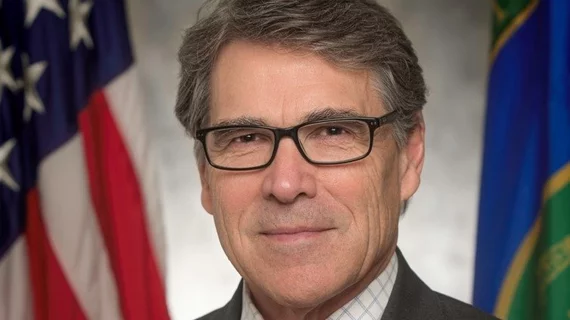Department of Energy opens negotiations with 4 US companies to fund Mo-99 production
The Department of Energy’s National Nuclear Security Administration (NNSA) will negotiate with four U.S. companies to potentially fund molybdenum-99 (Mo-99) production without the use of highly enriched uranium.
“Mo-99 is such a critical tool in healthcare,” U.S. Secretary of Energy Rick Perry said in a prepared statement. “Doctors count on it every day. This industry outreach helps to develop a reliable domestic supply of a vital medical isotope, reduce dependence on foreign imports, and bring new opportunity to the heartland.”
NorthStar Medical Radioisotopes (Beloit, Wisconsin), SHINE Medical Technologies (Janesville, Wisconsin), Northwest Medical Isotopes (Corvallis, Oregon) and Niowave (Lansing, Michigan) are the companies selected to begin the negotiation process. The NNSA has appropriated up to $15 million in funding for each of the four companies. In addition, according to the statement, “industry partners will match any awarded funding amount.”
According to government estimates, Mo-99 is used in more than 40,000 procedures in the United States each day to “diagnose heart disease and cancer, to study organ structure and function, and for other important medical applications.”

